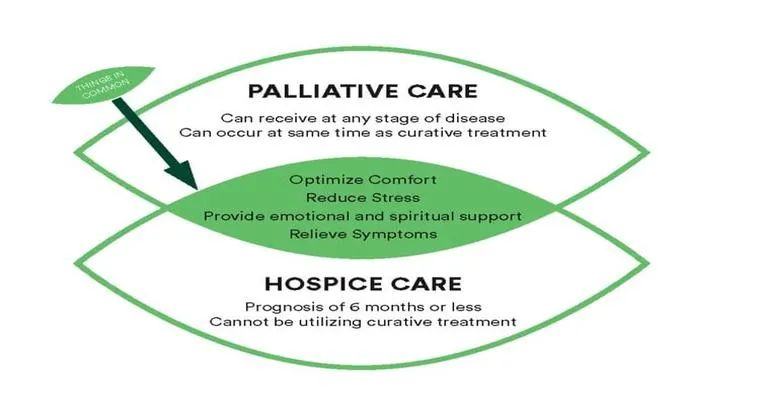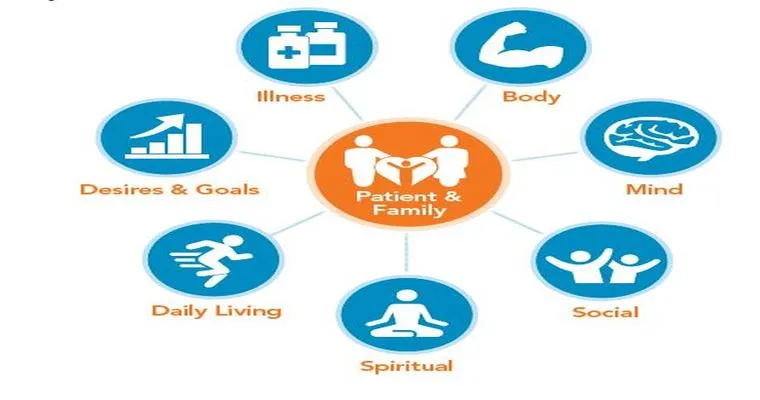Palliative care is a specialized medical approach aimed at improving the "quality of life" for patients with serious illnesses. It focuses on providing "relief from symptoms", pain, and emotional distress, regardless of the stage of the disease or the need for other therapies. This type of care is provided by a team of healthcare professionals who work collaboratively to address the "physical", "emotional", and "spiritual needs" of patients and their families.
Palliative care can be provided alongside curative treatment or as the main focus when a cure is no longer possible. The primary goal is to enhance the overall well-being of the patient, allowing them to live as fully as possible. Here are some key components of how palliative care works:
1. "Comprehensive Assessment": The palliative care team performs a thorough assessment of the patient's medical condition and personal preferences. This includes understanding the patient's symptoms, emotional state, and social situation. By gathering this information, the team can tailor their approach to meet the individual needs of the patient.
2. "Symptom Management": One of the core functions of palliative care is to alleviate distressing symptoms such as pain, nausea, fatigue, and anxiety. The team uses various interventions, which may include medications, physical therapy, and alternative therapies, to ensure the patient experiences the least discomfort possible.
3. "Coordination of Care": Palliative care teams often include doctors, nurses, social workers, and spiritual advisors, all of whom work together to create a cohesive care plan. This collaborative approach ensures that all aspects of the patient’s care are addressed, from medical treatments to emotional support.
4. "Patient and Family Support": Palliative care not only focuses on the patient but also extends support to their families. The team provides education about the illness, guidance on making difficult decisions, and emotional support during challenging times. This holistic approach helps families cope with the stress and uncertainty that often accompany serious illnesses.
5. "Communication": Effective communication is vital in palliative care. The team encourages open discussions about the patient's goals, preferences, and values. This dialogue allows healthcare providers to align treatment plans with what matters most to the patient, ensuring that care is personalized and meaningful.
6. "End-of-Life Care": For patients nearing the end of life, palliative care emphasizes comfort and dignity. The team focuses on managing symptoms and providing emotional support, ensuring that the patient’s final days are as peaceful as possible. The goal is to honor the patient’s wishes and facilitate a smooth transition for both the patient and their loved ones.
In summary, palliative care is a multifaceted approach designed to improve the "quality of life" for individuals facing serious illnesses. By focusing on symptom management, emotional support, and coordinated care, palliative care teams help patients navigate their health journey with dignity and compassion. Whether provided alongside curative treatments or as the principal form of care, palliative care plays a critical role in addressing the complex needs of patients and their families.





